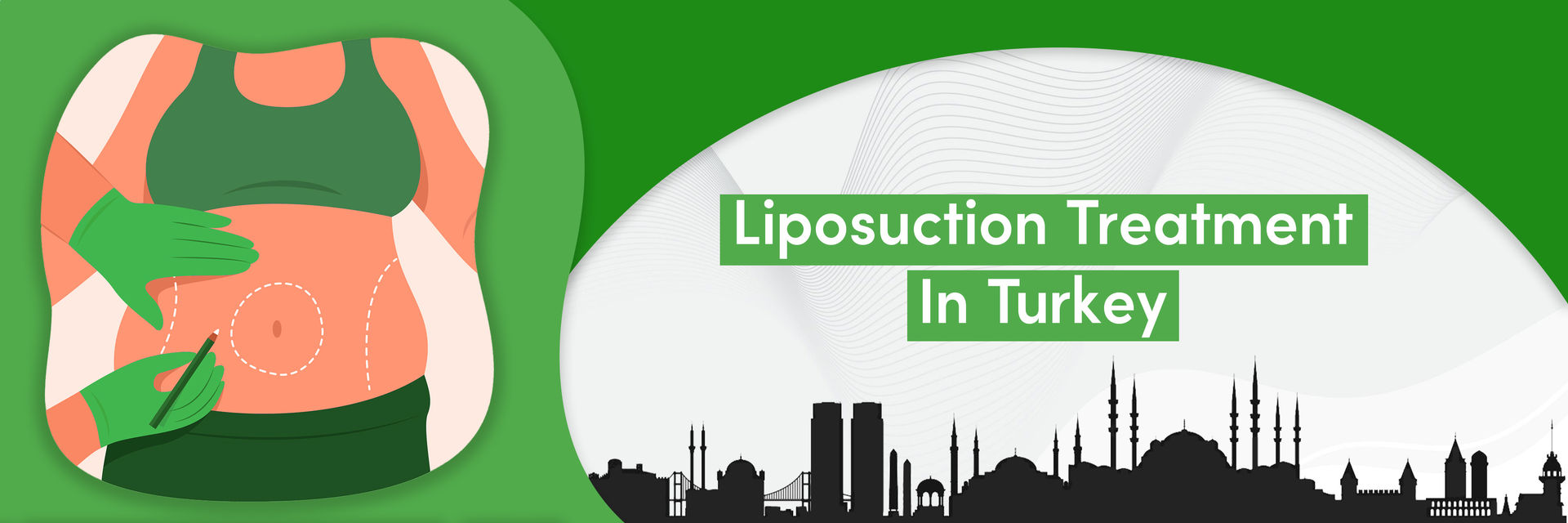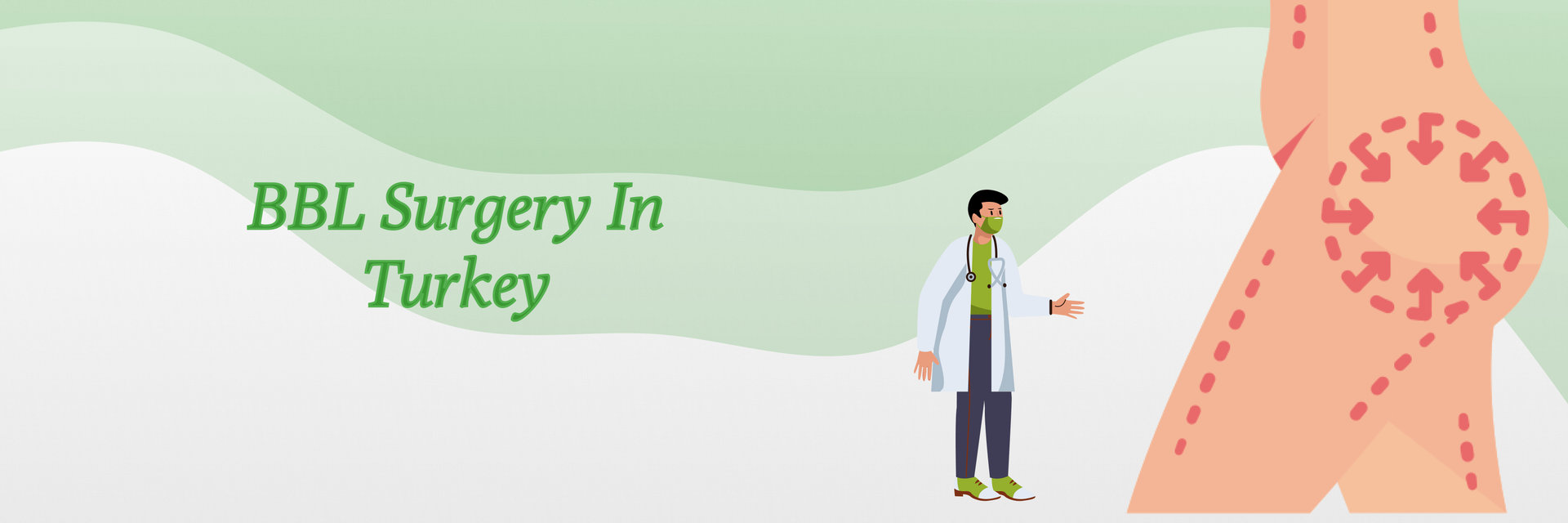Why does hair loss occur after bariatric surgery?
Hair loss after bariatric surgery, commonly known as "telogen effluvium,". It occurs due to the body's response to significant changes. Bariatric surgery triggers a rapid reduction in calorie intake. This causes the body to shift resources away from hair growth to support essential functions and healing. This disruption leads to more hair follicles entering a resting phase. This results in temporary hair shedding.
But don't worry! There's hope. People are finding ways of regrowing hair after bariatric surgery. It's like helping your hair come back to life.
How? By eating right, taking special vitamins, and giving your hair time to grow back. So, even if you see more hair in the shower drain, remember that you can get your hair back on track!
Wondering when your hair will come back? We've got answers!
How long does hair loss typically last after bariatric surgery?

After bariatric surgery, some folks might notice their hair falling out. This happens because the body is getting used to changes. We call this "Regrowing Hair after Bariatric Surgery." This hair loss usually starts about 3 to 5 months after surgery and can stick around for 6 to 12 months. The body is focused on healing, so hair growth is affected. But don't worry, this hair loss isn't forever. As the body gets used to the changes, hair starts to grow back.
Your health is too important to ignore – schedule your appointment now.
The good news this hair can make a comeback on its own!
Will hair regrow naturally after bariatric surgery?

Yes, there is a high possibility of regrowing hair after bariatric surgery. The temporary hair loss is usually due to changes in diet and stress from surgery. . As your body adjusts and heals, hair growth usually resumes on its own.
Unlock the secrets to healthier hair with these lifestyle shifts!
What can be done to promote hair regrowth after bariatric surgery?
Below are the things that you can do to regrow hair after bariatric surgery and prevent it from falling further:
- Eat at least 60 grams of protein every day.
- Take your vitamins daily as suggested by the doctor.
- Check that you have iron (50–100 mg per day) and zinc (15–40 mg per day).
- Eat fish, nuts, seeds, or omega-3 supplements often.
Unveiling the role of nutrition in post-surgery hair loss.
Are there any specific nutritional deficiencies that contribute to hair loss after bariatric surgery?

Regrowing hair after bariatric surgery is possible. However, to achieve this you should know what is causing the hair to fall. After bariatric surgery, coping with the new changes causes deficiencies of certain minerals and nutrients in your body. Lack of these necessary nutrients causes your hair to fall after bariatric surgery. Low levels of zinc, folic acid, and ferritin are common nutrients that cause hair fall after bariatric surgery.
Discover the secret to boosting hair growth with supplements!
Take charge of your health and your life. Contact us today!
Can taking supplements help with regrowing hair after bariatric surgery?

Yes, taking supplements can help with regrowing hair after bariatric surgery. Rapid weight loss and dietary changes can lead to temporary hair loss. Supplements with essential nutrients like iron, zinc, and omega-3 fatty acids can support hair regrowth. These nutrients are crucial for healthy hair growth. Taking supplements can fill any gaps in your diet, promoting better hair health. Always consult your doctor before starting any new supplements to ensure they're right for you.
Is there a specific timeline for hair regrowth after bariatric surgery?
After bariatric surgery, hair loss can be seen for about three to five months on average. This is because of factors like quick weight loss, not enough protein in your diet, and the stress from surgery. You will commonly find your hair regrowing after bariatric surgery after this period.
Eating healthy, taking vitamins, and being patient is important. Everyone's hair journey is different, so remember that while dealing with Regrowing Hair after Bariatric Surgery.
Don't panic: Identify when hair loss needs your attention.
When should I be concerned about excessive hair loss after bariatric surgery?

During the period of regrowing hair after bariatric surgery, you should be concerned about excessive hair loss if:
- Hair loss continues beyond six months.
- You notice bald patches or significant thinning.
- Hair loss is accompanied by other unusual symptoms.
- You're worried about the extent of hair loss.
- It's affecting your emotional well-being.
- If you're concerned, consult your healthcare provider for guidance and reassurance.
Reviving your hair: Tips and tricks for recovery!
Your well-being is our priority - call us to book your appointment today
Can certain hair care practices or treatments support regrowth after bariatric surgery?
Yes, there are things you can do to regrow hair after bariatric surgery.
First, eating good foods with vitamins and stuff like biotin and zinc can make your hair healthier. Also, using gentle shampoos, not using too much heat or chemicals on your hair, and staying calm can all help.
It's a good idea to talk to a doctor or a surgeon to get the best advice for making your hair grow again after weight loss surgery.
Are there any medications or treatments that can help stimulate hair regrowth after bariatric surgery?

Yes, there are medications and treatments that can help regrow hair after bariatric surgery:
- Minoxidil (Rogaine): This topical medication can promote hair growth by extending the growth phase of hair follicles.
- Biotin Supplements: Biotin, a B vitamin, is often recommended to support hair health and growth.
- Protein and Nutrient-Rich Diet: A balanced diet with sufficient protein, iron, zinc, and other essential nutrients.
- Platelet-Rich Plasma (PRP) Therapy: This treatment involves using your own blood plasma, rich in growth factors, to stimulate hair follicles.
- Laser Therapy: Low-level laser therapy can promote hair growth by enhancing blood flow to the hair follicles.
How can I manage the emotional impact of hair loss after bariatric surgery?
Dealing with hair loss after weight loss can be quite a task. In order to manage the emotional impact and regrowing hair after bariatric surgery adopt these simple steps:
- Take care of your stress: Stress can make you lose hair, so try to handle stress.
- Stay hydrated: Drinking water is really important for your health and also for your hair to grow well.
- Relaxing things: like meditation, deep breathing, or yoga can help.
Are there any lifestyle changes that can aid in hair regrowth after bariatric surgery?

These are some lifestyle changes that can help with regrowing hair after bariatric surgery:
- Healthy Diet: Eat a balanced diet rich in protein, vitamins, and minerals to support hair growth.
- Stay Hydrated: Drinking enough water is crucial for overall health, including hair growth.
- Manage Stress: Practice relaxation techniques like meditation and yoga to reduce stress.
- Avoid Tight Hairstyles: Hairstyles that pull on your hair can worsen hair loss, so go for gentler styles.
- Good Sleep: Ensure you get enough sleep to support your body's healing processes.
- Avoid Smoking and Alcohol: These can impact your hair health negatively, so cutting down can help.
- Follow Doctor's Advice: Always listen to your healthcare provider's recommendations for optimal recovery.
FAQs

Q1. Why does hair loss occur after bariatric surgery?
Ans. Hair loss after bariatric surgery can occur due to changes in nutrient absorption, hormonal shifts, and temporary stress on the body.
Q2. How long does hair loss typically last after bariatric surgery?
Ans. Hair loss after bariatric surgery is usually temporary and commonly lasts for three to six months, after which regrowth begins.
Q3.Will hair regrow naturally after bariatric surgery?
Ans. Yes, in most cases, hair regrowth is expected after bariatric surgery as the body adjusts to the changes and nutritional deficiencies are addressed.
Q4. What can be done to promote hair regrowth after bariatric surgery?
Ans.Eating a balanced diet, taking recommended supplements, ensuring adequate protein intake, and managing stress can promote hair regrowth after bariatric surgery.
Q5. Are there any specific nutritional deficiencies that contribute to hair loss after bariatric surgery?
Ans. Nutritional deficiencies commonly associated with hair loss after bariatric surgery include deficiencies in iron, vitamin B12, vitamin D, and protein.
Q6. Can taking supplements help with regrowing hair after bariatric surgery?
Ans. Yes, supplements such as biotin, zinc, iron, vitamin D, and B vitamins may support hair regrowth after bariatric surgery, but it's important to consult with a healthcare professional for personalized advice.
Q7. Is there a specific timeline for hair regrowth after bariatric surgery?
Ans. Hair regrowth after bariatric surgery varies for each individual, but typically, noticeable regrowth begins around six months post-surgery and continues over the following months.
Q8. When should I be concerned about excessive hair loss after bariatric surgery?
Ans. If hair loss continues beyond the six-month mark or is accompanied by other concerning symptoms, it is advisable to consult with a healthcare professional for further evaluation.
Reference
https://www.forhims.com/blog/hair-loss-after-bariatric-surgery
https://baileybariatrics.com/blog/facing-hair-loss-after-weight-loss-surgery
https://www.obesityaction.org/resources/weight-loss-surgery-nutrition-and-hair-loss/







